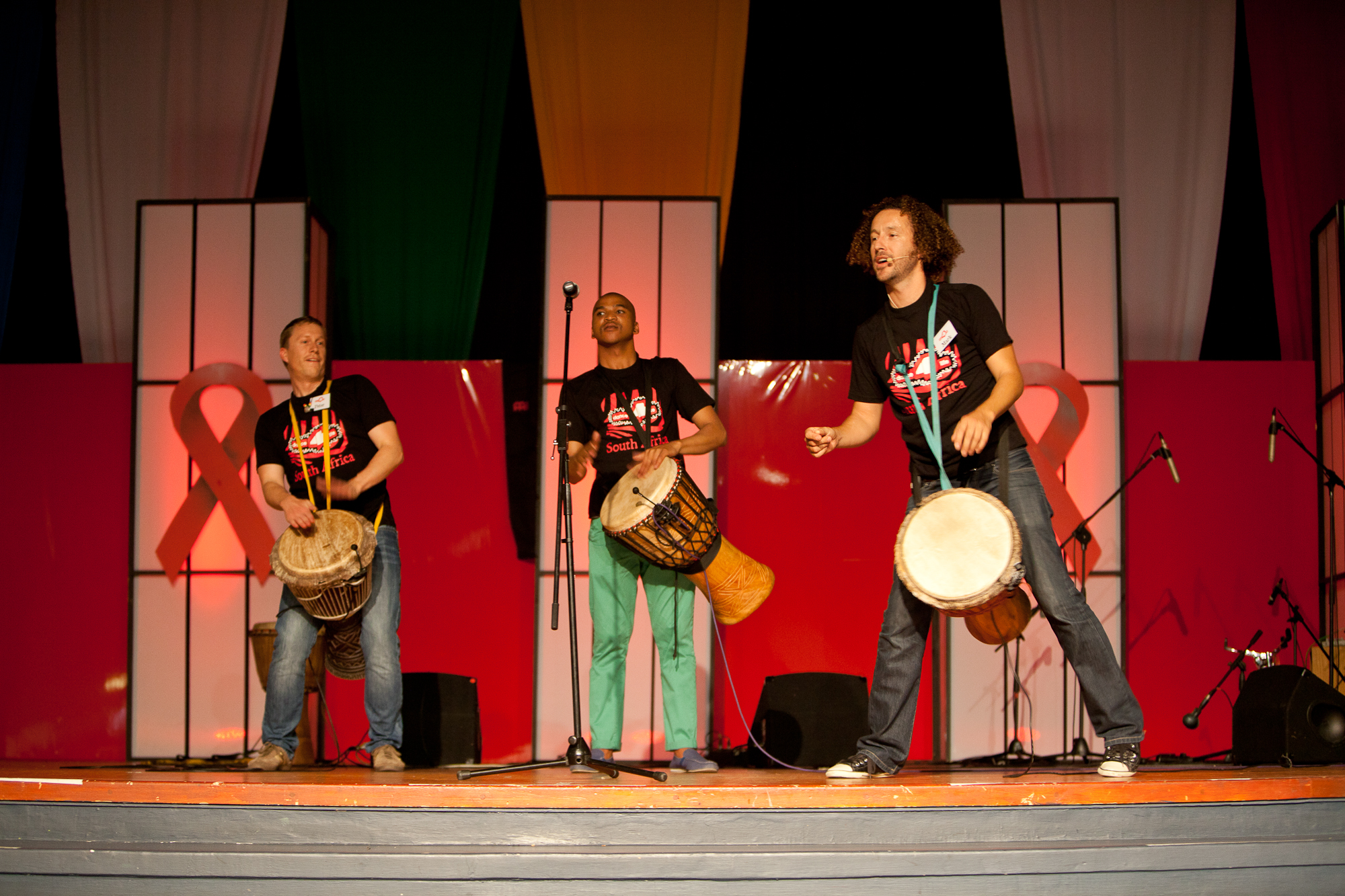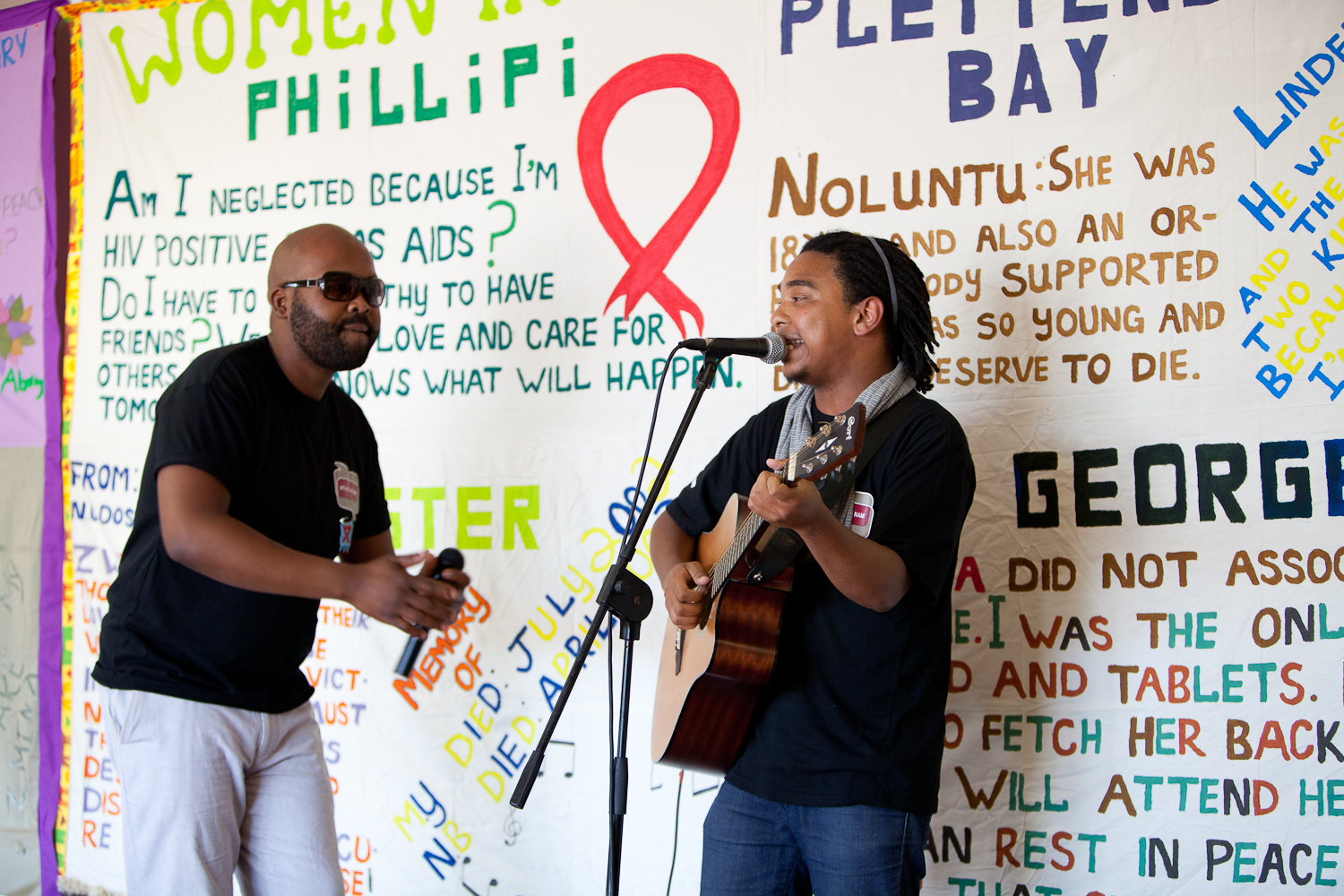
News
World AIDS Day Commemoration - 30 November 2012
The Western Cape Government Health is commemorating World AIDS Day (WAD) today, 30 November 2012, with a Production Event at the His People Centre in Goodwood, Cape Town. The aim of the event is to showcase the magnitude of this international topic. The event forms part ofthe Western Cape Government’s ‘Infectious Diseases Season’ (October – December) which will be the start of a focussed effort on prevention of HIV and TB infections.
Approximately 1 500 guests, ranging from high profile dignitaries to youth of Cape Town will attend. Guests will include representatives from NGOs working with young people, health staff, and a selection of the youth that participated in the 12 local colloquiums.
A video of pre-recorded youth engagement sessions and extracts thereof will form part of the WAD production to show the magnitude of the topic. The underlying aim of this video is to get young adults ‘to get to know the problem and know the response’ and to commit to a means of providing better support to young people to help protect themselves against structural determinants of bad health outcomes.
Professor Craig Househam, Western Cape Head of Health, said: “Globally South Africa has the highest number of HIV-infected citizens, namely 5,6 million within the total population of this country. The infection among young women is disproportionately high and within the age group of 20 - 24 years their risk is four times higher than the general population. Without question youth is a high-risk group for HIV infection. Youth is also our future and they are the future leaders of our provinceand everything must be done to prevent young people from becoming HIV positive and ensure that they live healthy lives.”
To ensure that these interventions and programmes will resonate with the primary needs of young people, the starting point was to engage with representative groups of young people across the province with a view:
- To document and present their collective views to decision-makers and key actors across sectors; and
- To continue to engage with youth representatives to plan for 2012-2016 and to monitor achievements.
Twelve engagement sessions were held during the run-up months to World Aids Day where responsible adults were exposed to the realities of youth vulnerability. The intention was to get them to understand youth issues and ultimately understand how the youth would like to access services. This included how the youth experience substance abuse, interpersonal violence and attention from older men and women (so-called ‘sugar mommies and daddies’). Researchers working on these issues were invited to do presentations on their findings on the impact of these social problems on the youth. It served as a ‘safe space’ where the youth could be heard rather than spoken to by government authorities.
A video of the proceedings was produced and extracts thereof formed part of the WAD production event.
The Western Cape Provincial Strategic Plan for HIV, STI and TB 2012 – 2016 will be announced to the public early in 2013. The plan has expanded its prevention, treatment, care and support interventions to address the social drivers of ill-health, and moving the strategy into government’s sector plan. This means that the strategy has been developed through wide consultation and that all government departments, the various sectors, business and civil society will participate in implementing the plan. The strategic plan paves the way for communities and Western Cape government to fight the burden of disease in the province, better together.
Western Cape Minister of Health, Theuns Botha, says: “The Province’s goal to achieve zero HIV infections by 2016 can only be achieved if all parties work together. Government on its own cannot guarantee a better life for our people. The challenge can only be achieved when in partnership – between government, citizens, civil society and business. It is only in cooperation that we can ensure that infected people are placed at the centre of the healthcare system and treated according to their individual needs and circumstances.
“The zero infection strategy requires joint understanding, effective dialogue and operational collaboration. There is no way that the objective of zero HIV infections can be achieved by one sector or one authority. It will require a team effort. That is why we have adopted the slogan "Better Together" to capture and convey our message to the people of the Western Cape that as government we are fully geared to working with all relevant stakeholders to achieve the objectives of the strategy to end HIV.”
Darren Francis
Assistant Director: Communications
Western Cape Government Health
Tel: 021 483 6632
Cell: 083 430 3299
E-mail: Darren.Francis@westerncape.gov.za
Website: www.westerncape.gov.za





















